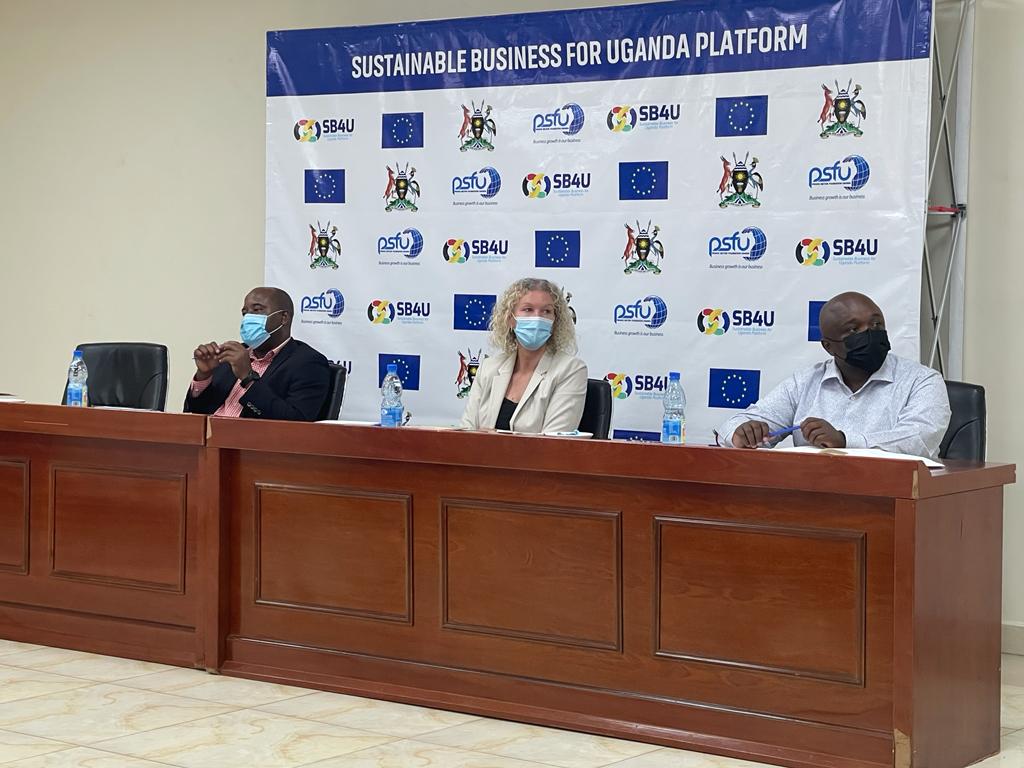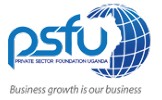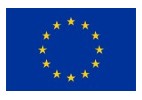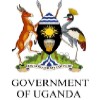
Sustainable Business for Uganda (SB4U) Platform has called on private and public sector stakeholders to fast-track the promotion of human rights standards in business operations through the adoption National Action Plan on Business and Human Rights (NAPBHR). This was during a one-day stakeholder engagement organized by SB4U Platform Secretariate on 17 March 2022 involving government, business, civil society and development partner representatives.
Mr. Stephen Asiimwe, the CEO of Private Sector Foundation Uganda (PSFU) noted that PSFU was delighted to champion the human rights approach in business. “This is a social contract between businesses and employees or customers. We therefore implore businesses to adopt it in their DNA, through the identification of an ecosystem of human rights champions and implementers,” he said.
In October 2021, Uganda became the 30th country to launch a national action plan in line with the UN Guiding Principles on Business and Human Rights that helps states and companies prevent and address human rights abuses committed in business operations. The NAPBHR is a key tool in providing guidance to state and non-state actors on the requirement that all business operations are to be conducted in line with human rights standards. The plan outlines what the government, businesses and other stakeholders will do to improve respect for human rights in business operations for the next five years. Although businesses and private sector associations were consulted as part of the national action plan’s development, many businesses are still unaware of the plan or the expected actions required of them towards the achievement of the objectives of the plan.
To bridge this gap, SB4U Platform Secretariat organised a stakeholder event in partnership with Ministry of Gender, Labour and Social Development, Dan Church Aid (DCA), BHRRC, French Embassy in Uganda, Belgium Embassy in Uganda, PSFU and the EU Delegation Uganda.
Caroline Adriaensen, the Head of Cooperation, EU Delegation in Uganda lauded the initiative. “I hope that the space created increases awareness of what business and human rights is and how businesses can engage with relevant processes to strengthen their internal human rights safe guards,” she said.
Representing the Ministry of Gender, Labour and Social Development, Commissioner Bernard Mujuni noted that the Government of Uganda had lost many potential projects because of limited human rights mainstreaming in the value chain. Consequently, he advised the private sector to be sensitive in catering for human rights needs. He also reiterated the ministry’s commitment to take all measures to respond to both private and public sector needs.
Ms. Grace Pelly, Deputy Country Director, OHCHR Uganda Country Office said that the human rights platform will draw representatives from government, civil society, NGOs, private businesses entity, and will encompass inclusive human rights mainstreaming.
The meeting had break-out sessions in which participants looked at three different case studies to enable them have a better understanding of human rights. The groups were able to identify human rights issues from the studies, areas where there were human rights breaches as well as possible remedies to these issues.
Participants lauded the initiative by SB4U, highlighting that this event enabled them better understand the importance of human rights in the work place. “Sustainability of the economy to eliminate private sector abuses through the strengthening of human rights is of paramount importance,” commented Luc Prison, Head of Cooperation, Embassy of Belgium.




